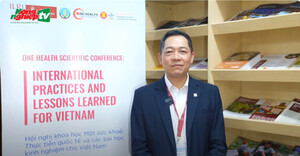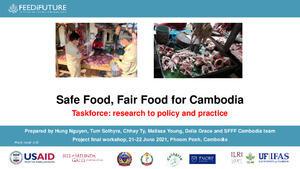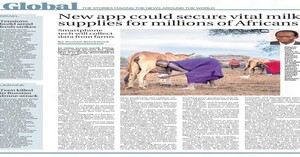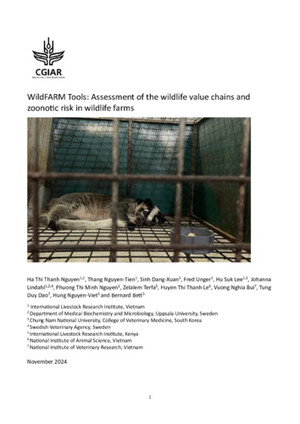
Characterizing predatory publishing: A review
Abstract
Objective(s):
Predatory journals are a poorly understood threat to science. The objective of this study was to
characterize the phenomenon of predatory publishing, by reviewing primary and secondary research
and gray literature on the subject.
Materials and methods:
A scoping review was conducted, using a search syntax to identify relevant literature published
between 2010 and 2020 in four electronic databases: PubMed, CAB Direct, Scopus, and Web of
Science. Initial screening was performed by reviewing the titles and abstracts. Selected articles were
downloaded in full when available, reviewed, and information extracted by three reviewers, using a
structured template. Qualitative data was summarized in four main themes: definition of predatory
publishing, profile of targeted authors, impact of predatory publishing, and available solutions.
Results:
In total 113 full articles were included in the review. Predatory publishing affects authors from all
countries, although researchers from low- and middle-income countries are most likely to be
targeted. Reasons to publish include a lack of awareness of the phenomenon, coupled with the
pressure to publish and the easy process that predatory journals offer, very appealing particularly to
early career scientists. Predatory publishing has impacts in three main areas: reducing researchers’
credibility, lowering the quality of scientific evidence globally, and affecting the service provided by
legitimate journals. Raising awareness of the issue and early identification of predatory journals are
important solutions, but must be coupled with technical answers, such as the use of virtual platforms
that facilitate practice of due diligence by authors and institutions before manuscript submission. It
also requires a joint effort by scientists, editors, and publishers to develop guidance on good
practices for the scientific community.
Conclusion:
The findings from this synthesis give insights that will be helpful to the scientific community in their
efforts to fight predatory publishing.
Citation
Kilonzi, E., Oliveira, A.R.S., Mego, L., Gameda, S. and Alonso, S. 2022. Characterizing predatory publishing: A review. Poster presented at the 16th International Symposium of Veterinary Epidemiology and Economics, Halifax, Canada, 9 August 2022. Nairobi, Kenya: ILRI.










